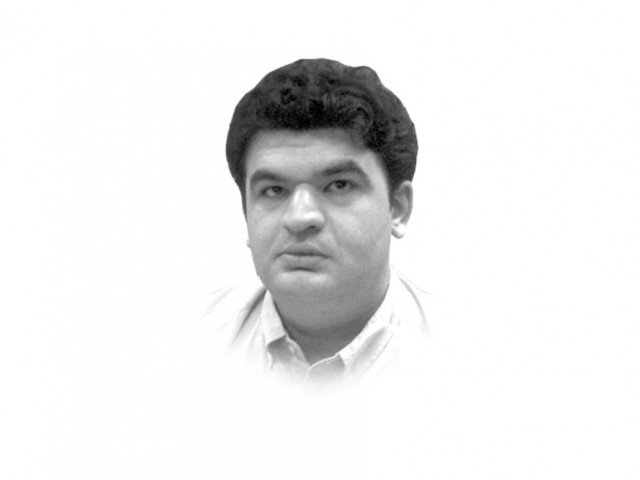The gatekeepers
Defending, or even reasonably discussing, the Supreme Court has become impossible. Still, it’s worth giving it a shot.

Let’s take it as a given that the Supreme Court is now more powerful than it has ever been in our history and that it has shown no fear in taking on the government of the day. I would also agree that the Court has often overstepped its bounds, with the removal of Yousaf Raza Gilani being just one example. Yet, the empowerment of the judiciary was so badly needed that its excesses can be easily corrected. Much of the authority the Supreme Court derives comes from the moral standing of Chief Justice Iftikhar Chaudhry. Once he retires next year, his replacement will be, or at least should be, less Messianic and not quite so imbued with self-righteousness.
Iftikhar Chaudhry’s populism has been his greatest strength in empowering the Supreme Court but it has also been his biggest failing, causing him to cast himself as a saviour who can and will fix every problem in the country. Unfortunately, he and his fellow justices have also tried to become technocrats — populism’s opposite and equal error. This manifested itself in the National Judicial Policy (NJP) of 2009, a document that seems to recognise the myriad problems with the judicial system in the country but then proposes the most timid solutions possible.
At the time the NJP was announced, the lower courts faced a backlog of more than a million cases, the four high courts had been unable to adjudicate on nearly 200,000 cases while the Supreme Court had just under 20,000 cases to hear. Rather than propose a radical overhaul, the NJP was surprisingly timid, tinkering at the edges by making it easier to grant bail and offering suggestions on time limits that may be imposed on cases.
Essentially, the Supreme Court has been unprecedented in its boldness at the macro level by resetting the balance of power between the different branches of government. At the micro level, it has shown little interest in making the judiciary more efficient, responsive and responsible.
There were many ways the Supreme Court could have adopted policies that would have made them better stewards of the judiciary. Here’s one suggestion: reforming the suo-motu process would have combined both the outsized vision of the Court, while maintaining a focus on the nitty-gritty of everyday judging.
The Constitution is entirely silent on whether the high courts have the power to take up cases based on their whims and desires. In addition, high courts are constitutionally barred from assuming jurisdiction where it has not been explicitly granted to them. That has not deterred high court judges, particularly from the Lahore High Court (LHC), to add this delicious nugget to their buffet of powers. All it would have required from the Supreme Court was to take on one LHC suo-motu case and then dismiss the case on the basis that the high court did not have the power to hear it.
Since it is a columnist’s prerogative to be utopian, I would also like to suggest that the Supreme Court itself temporarily abstain from exercising its suo-motu powers. That plea will go in vain, though, since this is not a Court that takes kindly to freely-proffered advice.
Published in The Express Tribune, August 14th, 2012.













COMMENTS
Comments are moderated and generally will be posted if they are on-topic and not abusive.
For more information, please see our Comments FAQ